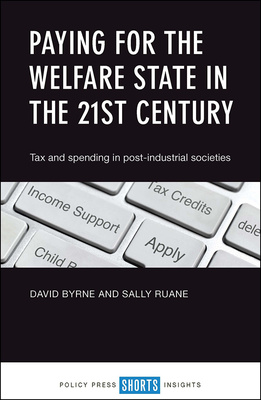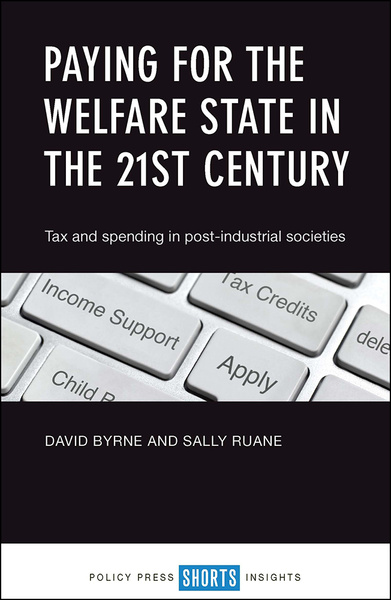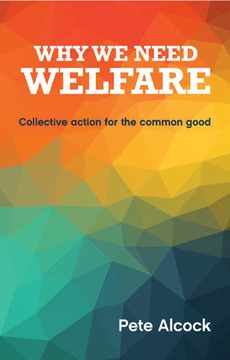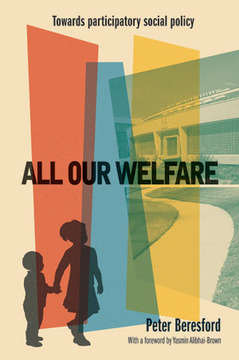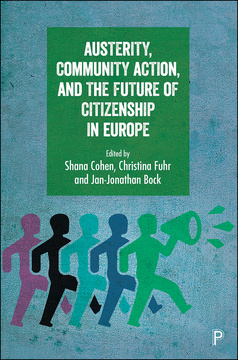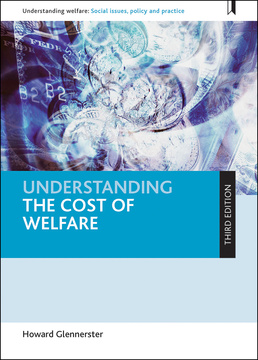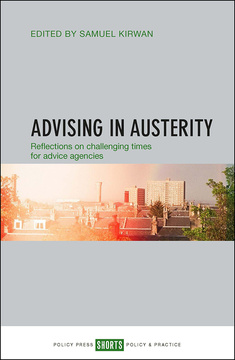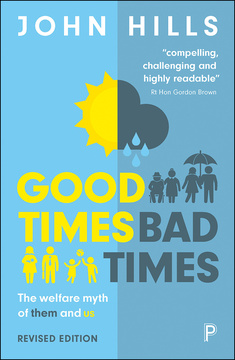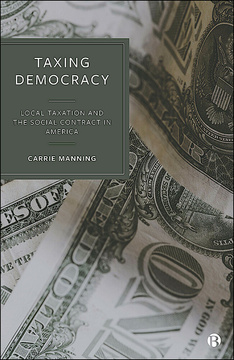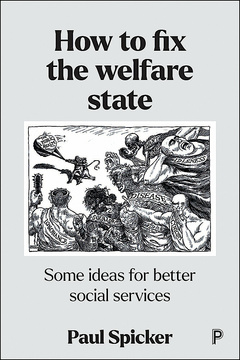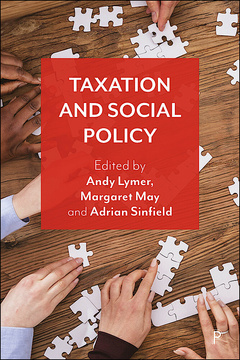Paying for the Welfare State in the 21st Century
Tax and Spending in Post-Industrial Societies
By David Byrne and Sally Ruane
Published
Jun 28, 2017Page count
168 pagesISBN
978-1447336532Dimensions
198 x 129 mmImprint
Policy PressPublished
Jun 28, 2017Page count
168 pagesISBN
978-1447336556Imprint
Policy PressPublished
Jun 28, 2017Page count
168 pagesISBN
978-1447336563Imprint
Policy PressWhat does the future hold for the welfare state in the post-industrial 21st century? Political and economic forces are threatening the taxation regimes of highly globalised, capitalist societies, prompting an urgent debate around the function of the welfare state and how we pay for it.
In a challenge to current policy and thinking, David Byrne and Sally Ruane deploy the concepts and analytical tools of Marxist political economy to better understand these developments, and the possibilities they present for social change.
Using the SNP in Scotland as an illustrative case study, current debates are related to a critical understanding of the relationship between taxation and spending, issues that are fundamental to early 21st century politics and the future of the welfare state.
"Fiscal crisis, class... and taxation. This very welcome book provides a clear analysis of the class-based nature of tax systems in post-industrial capitalism." Nick Ellison, University of York
"This is a timely revisit to O’Connor’s seminal analysis of the welfare state in a capitalist system. David Byrne and Sally Ruane make an important argument that there is a better alternative to the financial system that is currently destroying social cohesion and feeding rising inequality. Taxation is part of the solution, not the problem." Philip Haynes, University of Brighton
David Byrne is Emeritus Professor of Applied Social Sciences at Durham University. His work explores the consequences of the post-industrial transition and the implications of the complexity frame of reference for understanding the social world.
Sally Ruane works in the School of Applied Social Sciences at De Montfort University, Leicester, and is Deputy Director of the Health Policy Research Unit. Her research interests lie in health service reform, forms of NHS privatisation and taxation.
Introduction: Why understanding the tax system is so important
Fiscal crisis in post-industrial capitalism
The history of tax and the development of the fiscal crisis in post-industrial capitalism
Austerity, debt and welfare in post-industrial capitalism
Tax and inequality
The politics of tax and welfare in post-industrial capitalism
Conclusion







